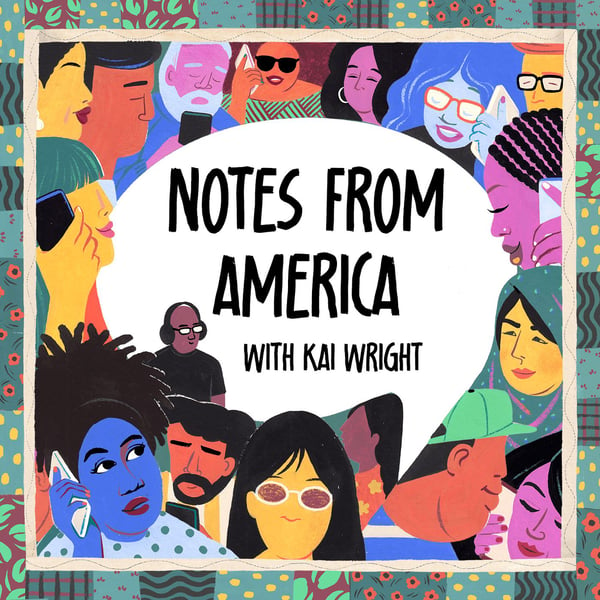‘Ethical People Can Be Effective’
Notes from America with Kai Wright
WNYC Studios
4.4 • 1.5K Ratings
🗓️ 2 August 2021
⏱️ 51 minutes
🧾️ Download transcript
Summary
Transcript
Click on a timestamp to play from that location
| 0:00.0 | This is the United States of Anxiety, a show about the unfinished business of our history and its grip on our future. |
| 0:08.0 | Robert Harris, Moses was a civil rights activist, education advocate. What made him stand out was... was his calm courage. |
| 0:13.0 | What made him stand out was his calm courage. |
| 0:17.0 | The Student Unviolent Coordinating Committee, |
| 0:19.0 | they seek radical change in race relations in the United States. The world is upset and they feel that if |
| 0:26.6 | they are ever going to get it straight, they must upset it more. |
| 0:31.1 | Our America will be led not by the small-mindedness of a powerful few, but the imagination of a mass movement |
| 0:41.9 | that includes all of us. |
| 0:43.7 | These kids need to be at least at this benchmark |
| 0:48.3 | because they don't have a safety net. |
| 0:50.2 | You can turn your back on me, that you cannot turn your back upon the idea of justice. |
| 0:57.0 | Welcome to the show, I'm Kay Wright. |
| 0:59.0 | Harry Belafante tells a story in his memoirs that for me perfectly captures a part of the civil |
| 1:06.0 | rights movement that is too easily forgotten or maybe erased. The story is set |
| 1:11.1 | in 1963 in Greenwood, Mississippi. |
| 1:14.0 | This is right as things are really coming to a boil in the South |
| 1:18.0 | because a group of young activists are forcing the issue of voting rights. |
| 1:22.0 | That group is the student nonviolent court. are forcing the issue of voting rights. |
| 1:23.0 | That group is the Student Nonviolent Coordinating Committee, or SNCC. |
| 1:26.8 | These are the kids, college students, who set in at ledge counters |
| 1:30.8 | and road buses across the south and generally put themselves in grave danger in order to dramatize the fight against segregation. |
| 1:38.5 | It's John Lewis and Marion Berry and Stokely Carmichael and all those names and Harry Belafonte was an important |
... |
Please login to see the full transcript.
Disclaimer: The podcast and artwork embedded on this page are from WNYC Studios, and are the property of its owner and not affiliated with or endorsed by Tapesearch.
Generated transcripts are the property of WNYC Studios and are distributed freely under the Fair Use doctrine. Transcripts generated by Tapesearch are not guaranteed to be accurate.
Copyright © Tapesearch 2025.

